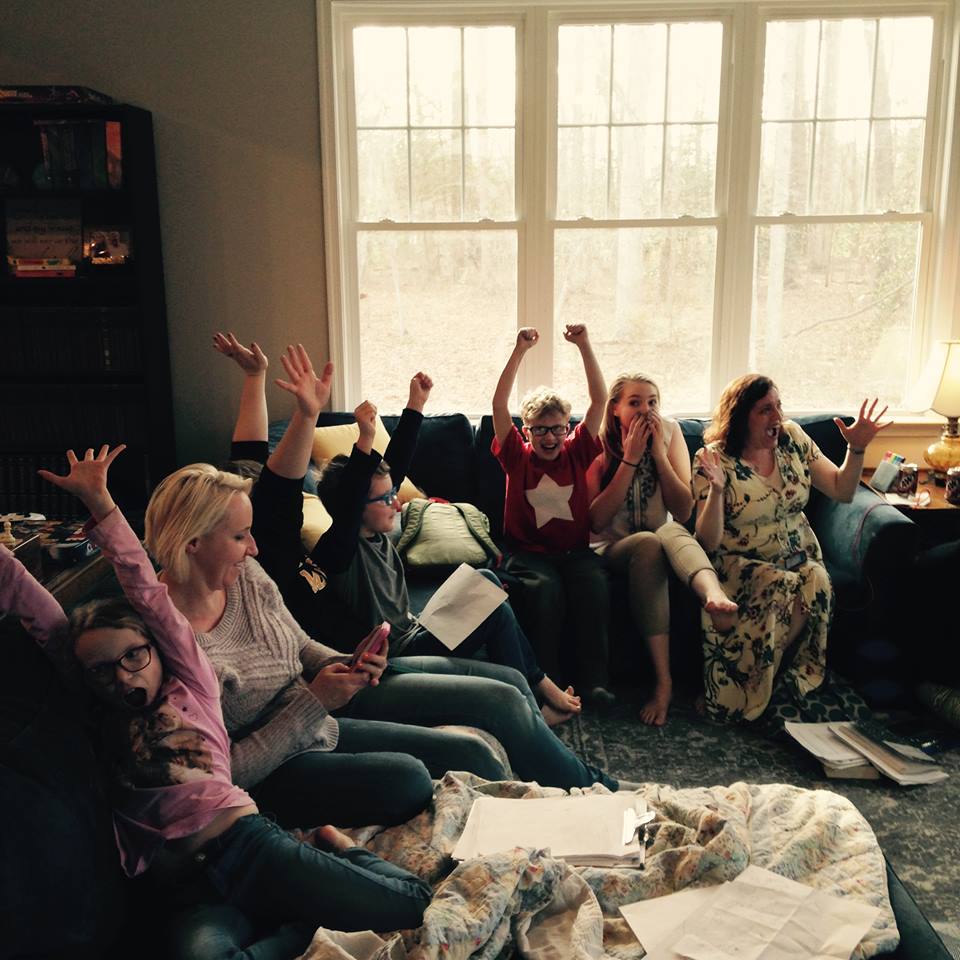This post is part of the General Conference Odyssey.
The first time I wrote in my journal was in the days immediately after my baptism when I was 8 years old. I still have the pages somewhere in a box, including the hand-drawn map of the different routes I could take when I walked back and forth from school.
I have started and stopped journals countless times since then because it’s one of those things that, as Elder Groberg reminded us in Writing Your Personal and Family History, good Mormons are supposed to do.
As much as I enjoy writing, there’s always been one big thing inhibiting me from keeping a journal more reliably, and it is this: I don’t know what the real story is. This isn’t some weird post-modern hang-up, so much as it is (as far as I can tell) a weird psychological hang-up. I never know how I feel about things. Interrogating my true feelings about the things that are going on in my life is like collecting mist with a butterfly net. I can record the brute facts of my life—I can draw the map and label the streets—but I can’t tell you what those facts mean. Not even, and perhaps most especially, to me.
My inner life is an optical illusion. It is a collection of lines that looks like the inside of a cube one moment or the outside of a cube the next. It is a picture of a rabbit for a blink, and then it is a picture of a duck. It is two faces; it is a chalice. It is an old lady; it is a young woman.
This is why I spend almost no time at all thinking about my past. My friends and family all remember so much more of the things that I’ve been through than I do. For me, the past is like a crime scene, and I am afraid to contaminate the evidence. I have a superstitious belief that there is a true story, an objective reality, and I’m afraid that if I try to hard to find it then I will only erase it.
I have a couple of binders somewhere that contain all the letters that I sent home while I was serving my mission in Hungary and all of the letters that people sent to me. I think the binders were a gift when I got home, but I’m not sure. I’ve never opened them. I’m not sure where they are. I don’t even like to look at the binders, let alone consider reading the pages inside. Because my mission was the one time in my life when I acted like I knew what was going on and when I told everyone how I felt about things, and I’m afraid that it was all lies. It was the hardest time of my young life, and I have vague recollections of writing relentlessly optimistic and happy letters despite feeling so depressed that it felt like physical pain on most days. The whole thing is wildly embarrassing to me. I acted like I knew what was going on. I had no idea. I have lived almost as many years after my mission as I lived before it, and I still have no idea what was going on or why it was so hard for me.
If writing a journal is about writing the real story of my feelings, then I can’t write a journal for the simple reason that I don’t know my own story.
And yet, I should. Write a journal, that is. Like Elder Groberg says, writing a journal “helps immeasurably in gaining a true, eternal perspective of life” and “should be a great motivation to do what is right.” I know that’s accurate: the reflection of writing about my life has helped me put things into perspective.
Maybe that’s the point?
I’m teaching the Old Testament in Gospel Doctrine this year, and it’s a mess. We just made the transition from Joshua to Judges, and I taught about how all the mass slaughter that supposedly happened in Joshua is pretty flatly contradicted by Judges. On the bright side: you don’t have to believe in a genocidal God. On the downside: it’s hard to make sense of all the contradictions. In Deuteronomy, we’re told a Moabite will never enter the assembly of the Lord until the 10th generation. Ruth, the hero of the Book of Ruth, is Moabite and that makes King David 1/8th Moabite. And, while we’re on the topic, how do we reconcile the apparent gap between the miracle-laden Exodus story and the miracle-free story of Ruth and Boaz?
The one encouraging thing is that, as I read Elder Groberg’s talk, I realize that the Old Testament is a mess in a lot of the same ways that my own life story is a mess.
There may be one, true, ultimate truth about everything. Not just the objective facts of life, but the subjective ones as well. Maybe there is an absolutely true narrative. But if there is, we will never know it in this life. In this life, stories are things we make up. Fictional stories are based on imaginary facts. And real stories—including history—is made up based on true facts. But they are both made up.
I’m not sure if I have that right or not, but it sounds promising. At the very least, it’s worth giving a shot. I’m going to try writing in my journal again, and this time I’m not going to try and find a life story. I’m going to use the raw materials of my experiences to build one.
—
Check out the other posts from the General Conference Odyssey this week and join our Facebook group to follow along!
-
- We Are the Resistance by Jan Tolman
- Always accessible to those who seek Him by Marilyn Nielson

